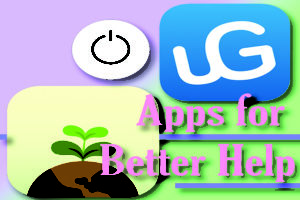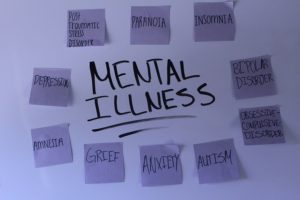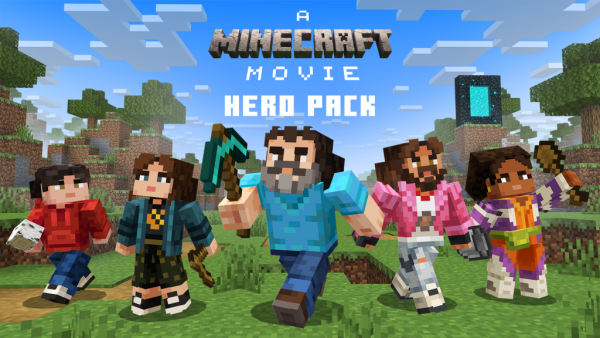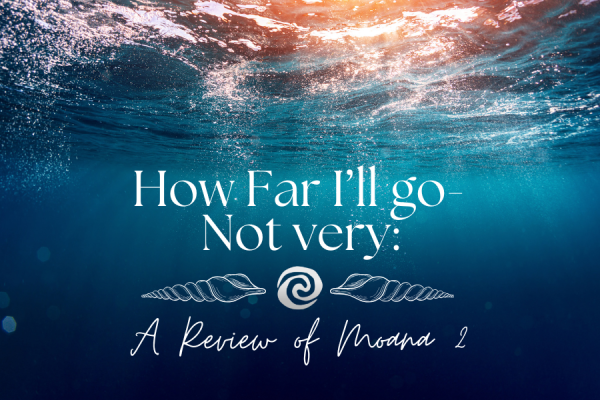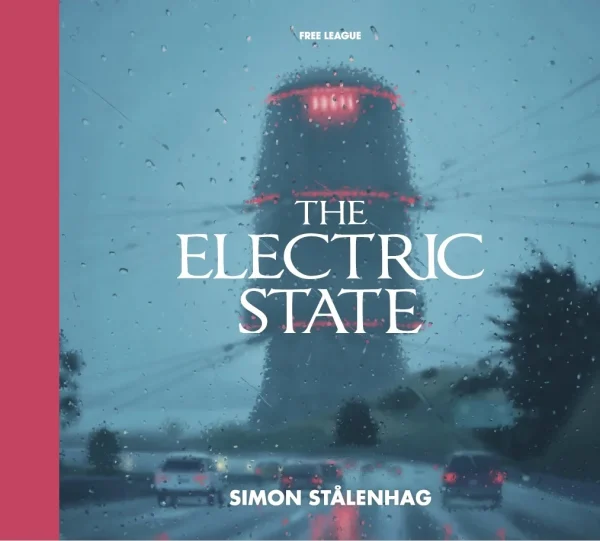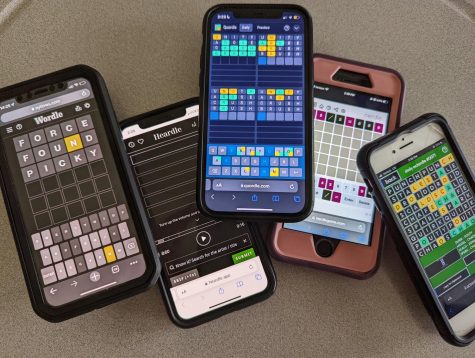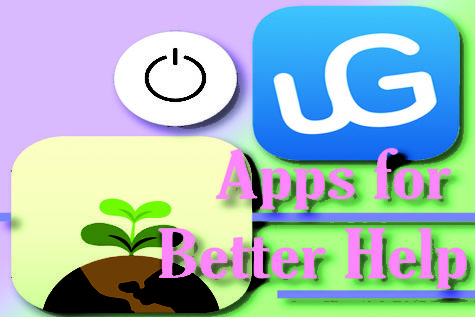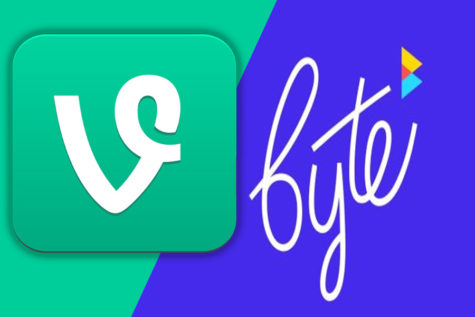Heading off stress: Anxiety and relaxation apps (Review)
Calmharm, Youper, and Headspace are three apps that can help to improve your day to day life and mental health awareness.
In this day and age, technology, especially phones, in particular, can often get a bad rap. They’re perceived as being distractive objects, only used for social media. However, our devices can have many different uses, and not all of them are bad.
Almost one out of five adults struggle with mental illness, according to the National Institute of Mental Health (NIH). With the growth in technology, there is also an increase in phone applications that can help those to work through stress, anxiety, and other mental illnesses.
Three of these apps — Headspace, Calm Harm, and Youper — all do a good job of keeping people calm, happy, and anxiety free, each with unique features and focus areas.
Headspace is a meditation app centered on relaxation and calmness. It helps users learn how to meditate, starting with the basics and progressing each day. The basic tools of the application are free but there is a library you can subscribe to in order to get more meditation settings, as well as playlists for sleep.
Headspace tracks your total meditation time as well as the average length of each meditation session. It creates a specialized profile for you based on your answers to a series of questions you’re given when you first get the app. Based on the information you give, Headspace will focus on things like stress, relaxation, and clearing your mind.
In each session, the co-founder of the app, Andy Puddicombe, acts as a guiding voice instructing you on how to keep your mind blank and ignore distractions.
The free version is a little limited; a full subscription gives you access to a whole library of guided meditations for $12.99/month or $7.99/month for a year paid in advance.
The second app, Calm Harm, is a bit different. It’s an app for those who struggle with self-harm and cutting. The purpose of the app is to assist people who want to stop self-harming, but don’t know how. When you first open it, the app asks you for a name and gender, along with a password to keep your account secure.
When you feel like you’re about to self-harm, you press a button labeled “Ride The Wave.” The text above it reads, “The urge to self-harm is like a wave. It feels the most powerful when you start wanting to do it. Learn to surf the wave by using the five minute or fifteen-minute rule with these activities.”
The app also offers a log to look back on how often and when you’ve wanted to self-harm, as well as what activities you’ve done. That feature makes it a good app to use in conjunction with therapy so that you and your therapist can look back at how your desires to self-harm form.
At this time, Calm Harm is free to use without additional subscriptions.
The last app focuses more on the logging feature of emotion-tracking. Free for users, with some in-app purchases capabilities, Youper allows you to log your emotions throughout the day. It does this in the form of an AI that asks you questions and responds to the information given.
Once you’ve told the app how you feel, you’re given a few different options. You can identify what’s making you feel whatever you’re feeling, in which case you’re greeted with a list of possible factors. You can also practice mindfulness, or “Do other things” like set your intentions or practice gratitude.
The app also logs all the times you’ve talked to it, and it offers tests for BPD (Borderline Personality Disorder), PTSD (Post-Traumatic Stress Disorder), depression, and anxiety. It was co-founded by psychologist Dr. Jose Hamilton, so it’s a perfect tool for those who are unable to see a therapist or other mental health professional.
These apps, while improving their individual users, also help create a broader sense of information about mental health and the struggles it can cause. They allow for a more comfortable approach to mental disorders that can make it a lot easier for those afflicted to draw support from their friends and family.
Please note: These apps are intended to aid in mental health awareness and general life improvement, not replace medical treatment.
Want to help the Herd? Please consider supporting the Periscope program. Your donation will support the student journalists of CHS and allow us to purchase equipment, send students to workshops/camps, and cover our annual website hosting costs.

Summer is a 14 year old staff writer who loves listening to music, reading, learning new things, and writing. Even though she spends a lot of time immersed...




























































































